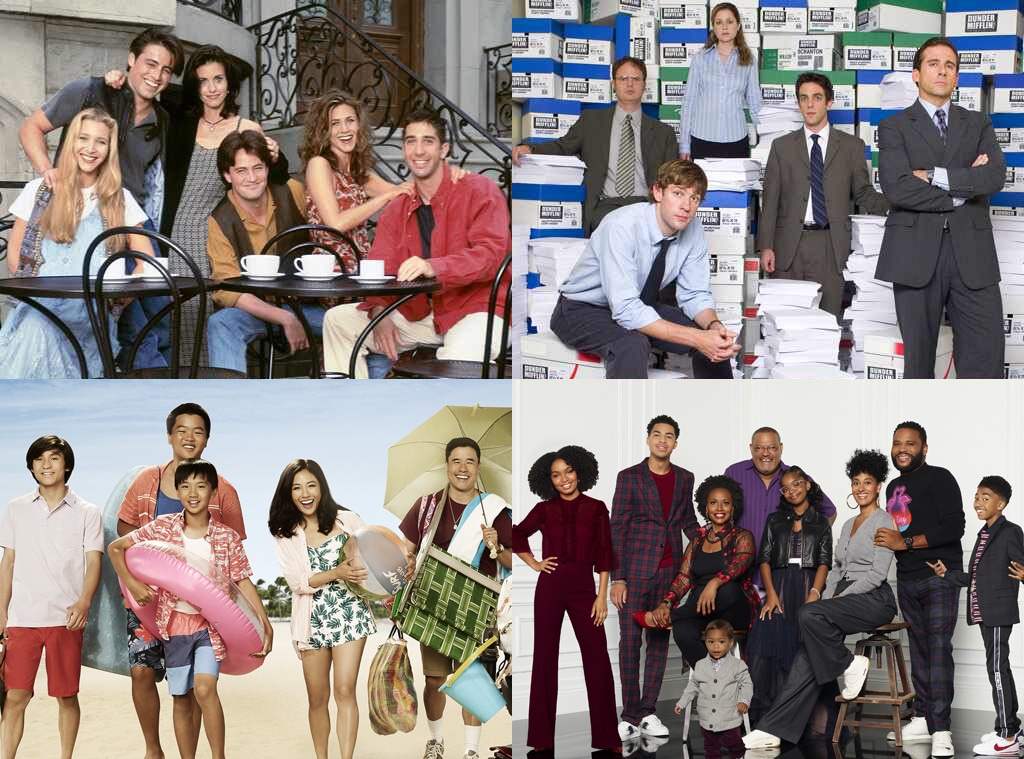Introduction
Pop culture is the heartbeat of society. It reflects our trends, thoughts, entertainment, and even politics. From the rhythm of Elvis Presley’s hips to the global impact of BTS, pop culture moments are time capsules that define generations. But why do these moments matter so much? Because they mirror who we are—and who we’re becoming.
The Birth of Rock and Roll (1950s)
The Elvis Presley Phenomenon
Elvis didn’t just bring music—he brought a movement. His blend of country, blues, and charisma shook up 1950s America. Teenagers had a new voice, and conservative parents had a new worry.
The Rise of Teen Idols
As Elvis opened the floodgates, teen idols like Buddy Holly and Ricky Nelson became the voices of a rebellious youth. For the first time, music wasn’t just background noise—it was identity.
The Beatles Invasion (1960s)
The Ed Sullivan Show Appearance
In 1964, over 73 million viewers watched The Beatles on Ed Sullivan. America was hooked. It wasn’t just music; it was a cultural shift.
Beatlemania and Cultural Revolution
The Beatles defined fashion, language, and even political views. They weren’t just a band—they were a generation’s voice.
Woodstock Festival (1969)
Peace, Love, and Music
Woodstock was more than a music festival. It was the climax of the 1960s counterculture movement. Over 400,000 people gathered for peace and music amidst a turbulent political era.
The Counterculture Movement
Woodstock embodied anti-establishment, anti-war sentiments. It brought together icons like Jimi Hendrix and Janis Joplin and solidified the voice of an era.
Star Wars Revolutionizes Sci-Fi (1977)
A New Era of Special Effects
When George Lucas dropped Star Wars, it changed cinema forever. From sound design to storytelling, sci-fi would never be the same.
Merchandising and Global Fandom
Toys, costumes, posters—you name it. Star Wars created a franchise model that would be mimicked for decades.
MTV Launches (1981)
“Video Killed the Radio Star”
MTV’s launch wasn’t just a new channel—it was a cultural pivot. Music became visual. Artists had to look good, not just sound good.
The Music Video Generation
From Madonna to Duran Duran, MTV helped shape ’80s fashion and attitudes. Music became an experience.
Michael Jackson’s “Thriller” (1982)
Redefining Music Videos
Michael’s 13-minute Thriller wasn’t just a video—it was a cinematic event. It set a new standard for how artists connect with fans.
The King of Pop
From moonwalks to military jackets, Jackson’s influence seeped into every layer of pop culture.
The Rise of Hip-Hop Culture (1980s–1990s)
From the Bronx to the World
Hip-hop started as a street movement but evolved into a global phenomenon. Artists like Tupac, Biggie, and Run-DMC carried messages that resonated worldwide.
Fashion, Dance, and Expression
Baggy jeans, graffiti, breakdancing—hip-hop wasn’t just music; it was a lifestyle.
The Internet and Memes (2000s–Present)
Viral Culture is Born
Remember Charlie Bit My Finger? Or the Harlem Shake? The internet turned regular people into global sensations overnight.
The Rise of YouTube and TikTok
Short-form content, influencers, dance trends—the digital age gave pop culture a rocket boost.
Reality TV Boom
Keeping Up With the Kardashians
Love it or hate it, the Kardashians shaped 21st-century fame. Reality stars became business moguls.
The Impact on Celebrity Culture
Authenticity (or the illusion of it) became the new currency of fame.
Marvel Cinematic Universe (2008–Present)
Superheroes Take Over Hollywood
Iron Man kicked off a universe that would become the highest-grossing franchise ever.
Cultural and Global Influence
From Wakanda to multiverses, Marvel brought representation, global storytelling, and unforgettable moments.
MeToo Movement (2017)
A Turning Point in Media and Accountability
Harvey Weinstein’s exposure triggered a global wave of reckoning. Silence was no longer acceptable.
Cultural Shifts in Hollywood and Beyond
From red carpets to boardrooms, power dynamics began to change. #MeToo redefined what it means to have a voice.
Streaming Culture
Netflix and the Binge-Watching Era
No more waiting for next week’s episode. Streaming changed how we consume media—and how it’s made.
The End of Traditional TV?
Cable is out. Personalized, on-demand content is the new king.
K-Pop Goes Global
BTS and Blackpink Leading the Wave
Singing in Korean? No problem. K-pop broke language barriers and redefined fan engagement.
Global Fandom and Social Media
Twitter trends, light sticks, fan cams—K-pop fandom is next-level organized and powerful.
Pop Culture During the Pandemic
Zoom Concerts and Virtual Celebrities
With tours canceled, stars went digital. Suddenly, your favorite artist was performing from their living room.
Tiger King and Quarantine Entertainment
Joe Exotic and Carole Baskin became pandemic icons, proving people will watch anything… if stuck inside long enough.
Conclusion
Pop culture isn’t just about entertainment—it’s history in real time. These moments didn’t just entertain us; they influenced how we dress, think, talk, and even protest. And as long as humans crave connection and expression, pop culture will keep evolving—one viral moment at a time.
FAQs
1. What defines a pop culture moment?
A pop culture moment is an event or phenomenon that captures widespread public attention and becomes a lasting part of cultural memory.
2. Why is pop culture important?
It reflects and shapes societal values, providing insight into the collective mindset of an era.
3. How does social media affect pop culture?
It accelerates the spread of trends, enables instant feedback, and makes global influence possible within seconds.
4. Which pop culture moment changed the world?
Events like The Beatles’ rise, the #MeToo movement, and the launch of MTV have had global impacts that extended far beyond entertainment.
5. Can pop culture be used for social change?
Absolutely. Movements like #BlackLivesMatter and #MeToo show how pop culture can drive awareness, spark conversations, and push for change
Read More Article About Entertainment
